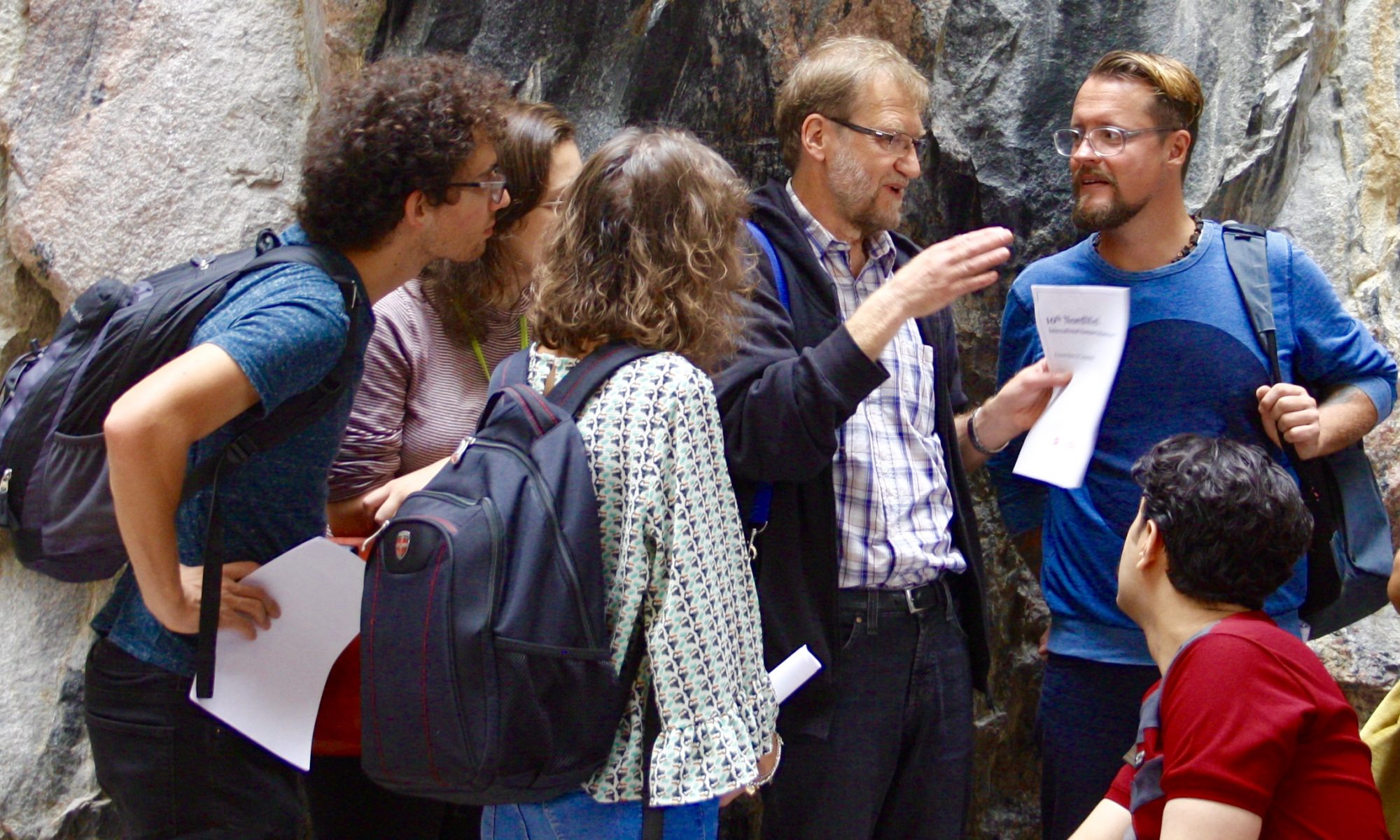European ideas and action, their impacts on social and health policy, and on the Nordic and other European models
A research seminar co-organised by NordWel, the Institute for Future studies, Stockholm, and the Centre for European studies at Sciences po Paris
Stockholm, 26th – 27th of March 2009
Organisers: Bruno Palier & Sophie Jacquot (Sciences Po),
Joakim Palme, Nathalie Morel & Jakob Larsson (Institute for Futures Studies)
Since the late 1980s, and especially since the Maastricht Treaty, the EU seems to have played an increasingly important role in framing national economic policies. It seems also to have gained growing influence in framing other policy domains, such as telecommunication, transportation, environmental policies, education, culture, etc. How does the EU operate or exert this influence? What are the main instruments and channels of this process? As suggested in several recent studies, should one especially focus on the role of ideas to better understand the EU’s influence on national policies?
In many sectors (especially in social policy), the EU has no competence in formal public policies. Does this mean that the EU plays no role in national reforms? Since 1997 for the EES, and 2000 for OMC, the EU tries to organise a coordination of reforms. This is not based on harmonisation of national policies and standards but rather on defining common objectives, and on benchmarking, naming and shaming, exchanges of ideas and best practices. After more than ten years of implementing these new kinds of soft policies and deploying non-coercive “new modes of governance”, can we analyse these new ways of doing, their procedures and their impact? Have these new “soft” policies actually contributed to transform national social policies? How can one assess the influence of the EU in the field of traditional social policies? How are the Nordic Model and other European models influenced by these processes?
Throughout the 2000s, European welfare states have gone through structural reforms, in pensions, in employment policies and in health care. Some new and shared principles seem to be at the core of these reforms (controlling public expenditure, a turn towards activation and employment-friendly measures, the increasing role played by market mechanisms and private actors). Can we see a convergence of welfare and health care systems through these reforms? Has the EU contributed to these trends?
In order to address these issues, the seminar will be organised in three sessions:
– The first session will take stock of the literature on the Europeanization of national policies and reforms, focusing especially on the way ideas in the EU can change national policies
– The second session will analyse the EU’s influence on the European national welfare systems
– The final session will question possible convergence, with a particular focus on health care systems
The organisers invite papers that can provide the seminar with both a relevant state of the art on the various issues raised, and an account of the main results of specific empirical research. Participants are expected to submit a draft paper before the conference, enabling the discussants and other participants to prepare for substantive and structured discussions. The organisers will aim at publishing the results in either a collective volume or a special issue of a journal.
Deadlines:
January 15th, 2009: Abstract submission
January 20th, 2009: Notification of acceptance by the Organizing Committee
February 15th, 2009: Closing date for registration
February 28th, 2009: Paper submission
March, 26-27th, 2009: Conference
Abstracts should be submitted to Jakob Larsson:
Jakob.Larsson@framtidsstudier.se
Questions should be addressed to Bruno Palier or Joakim Palme.
Organisers:
Bruno Palier
Nordwel guest professor / Sciences Po
Bruno.palier@sciences-po.fr
Sophie Jacquot
Centre for European Studies at Sciences Po
sophie.jacquot@sciences-po.fr
Joakim Palme
Institute for Futures Studies
Joakim.Palme@framtidsstudier.se
Nathalie Morel
Institute for Futures Studies
Nathalie.Morel@framtidsstudier.se
